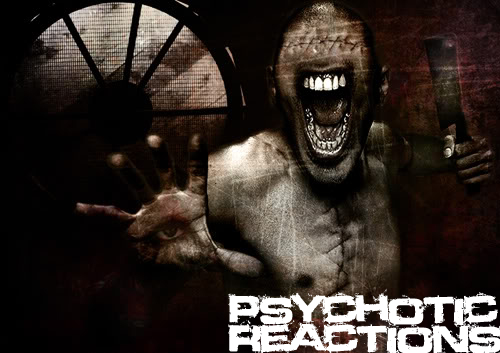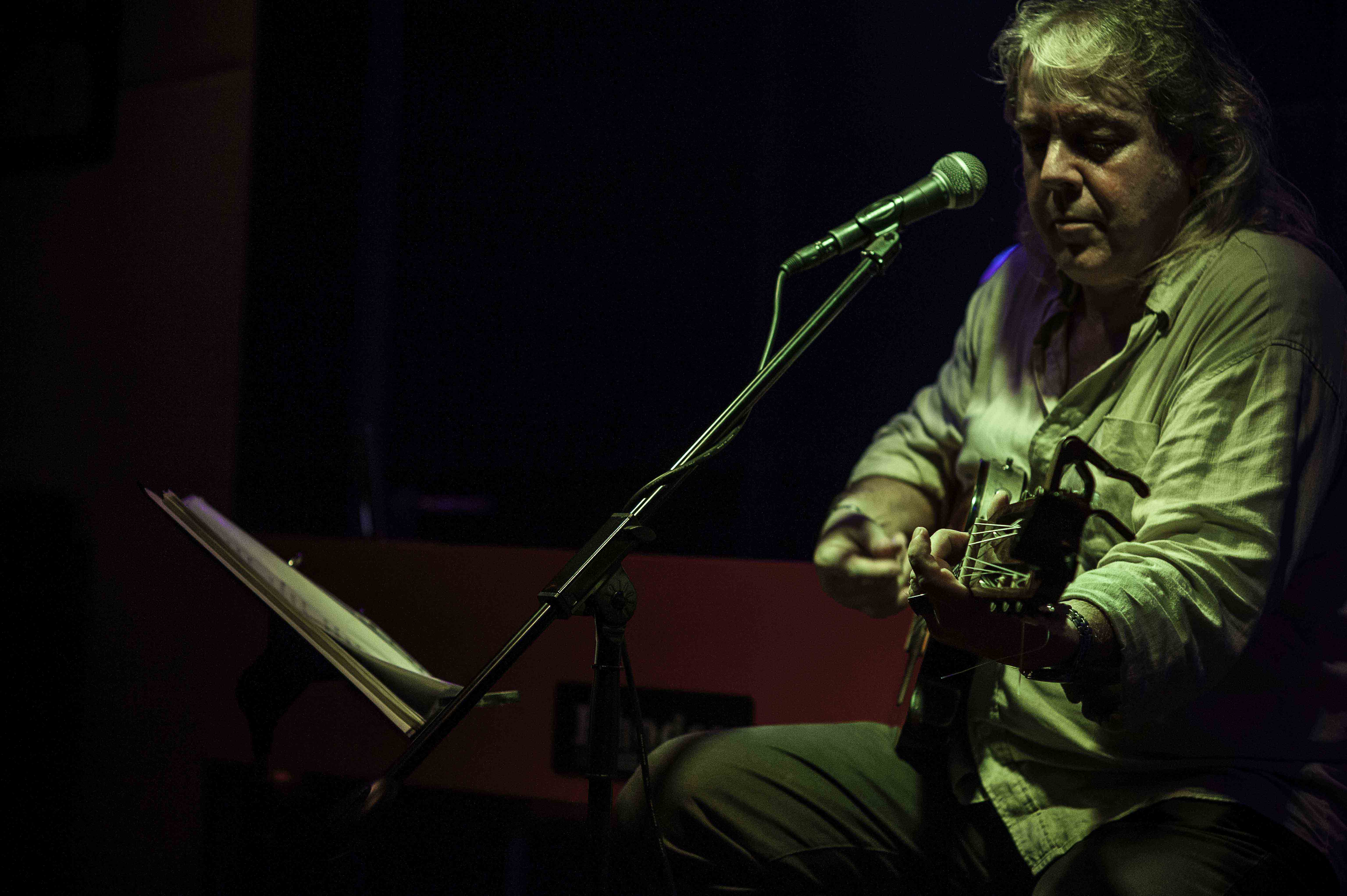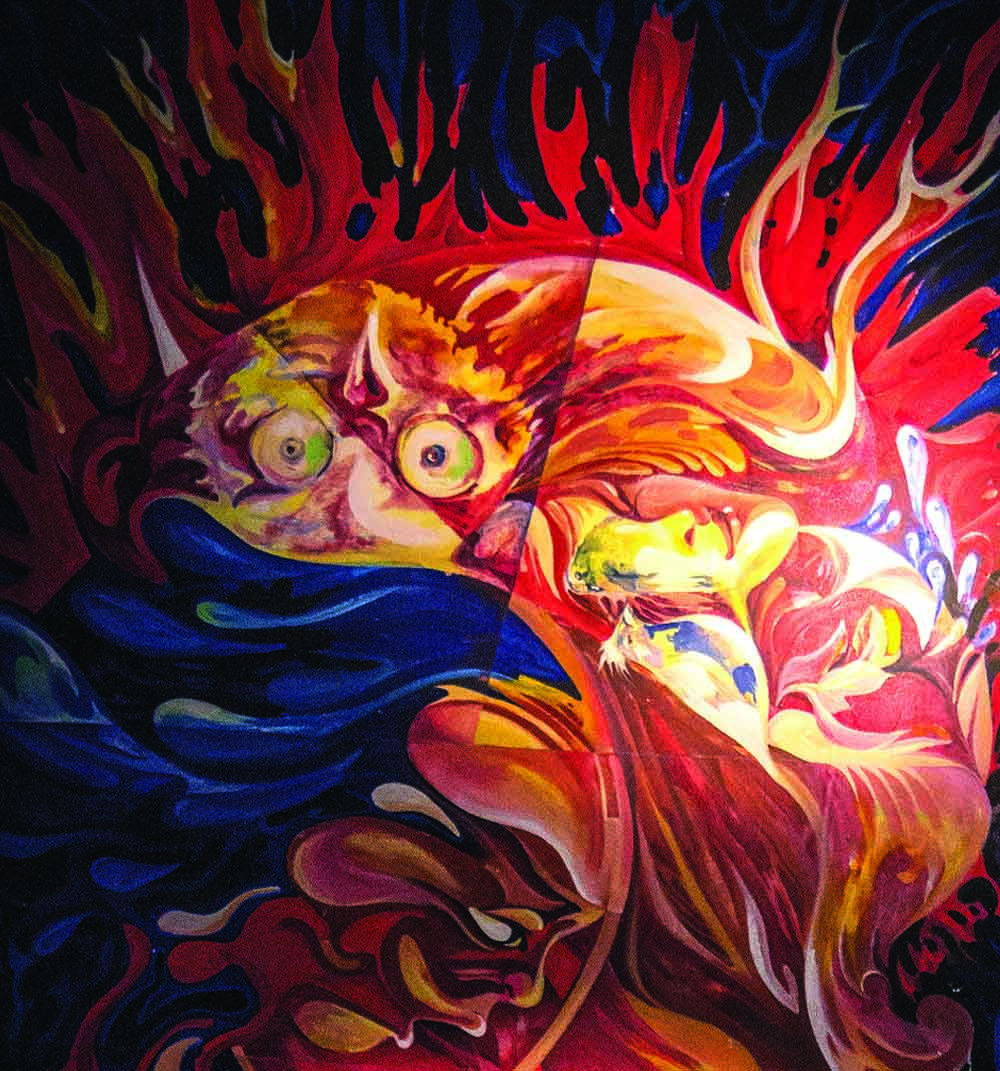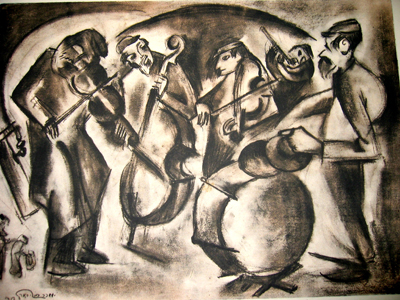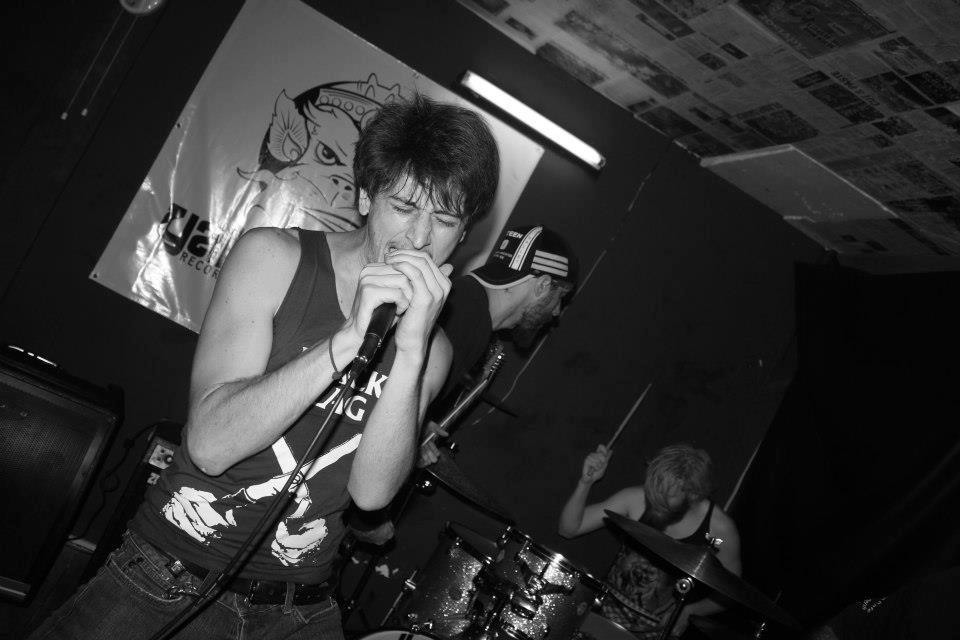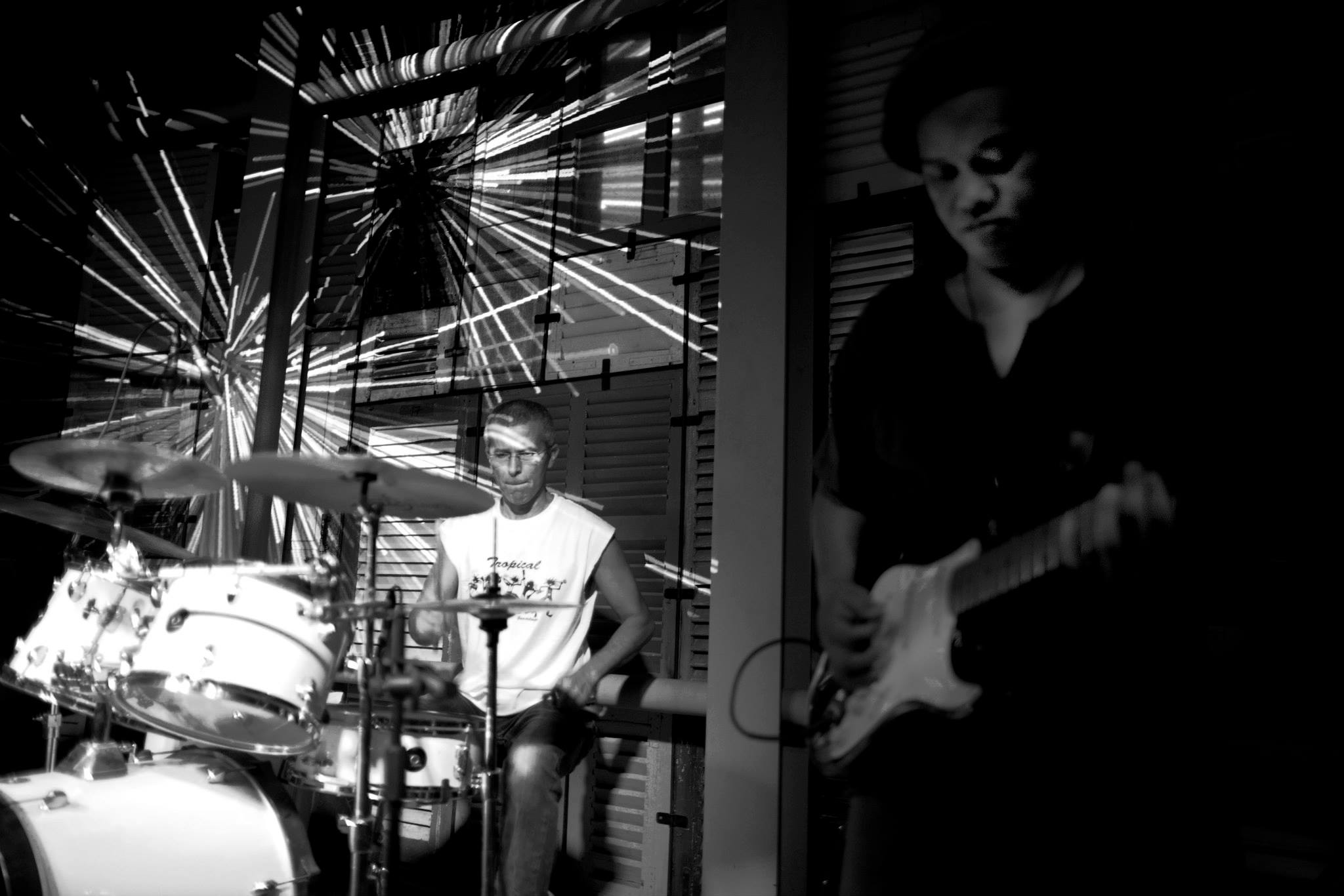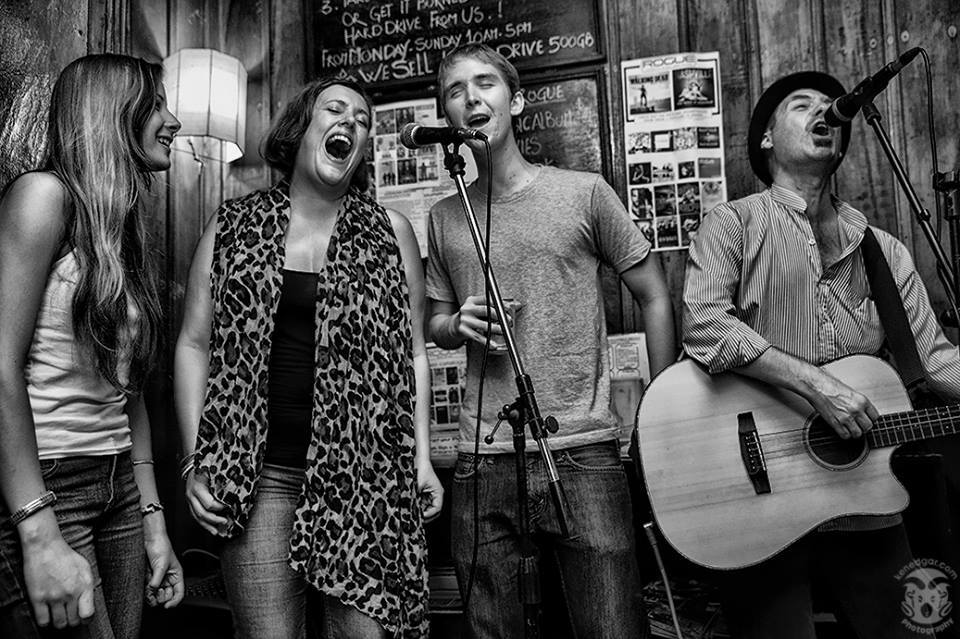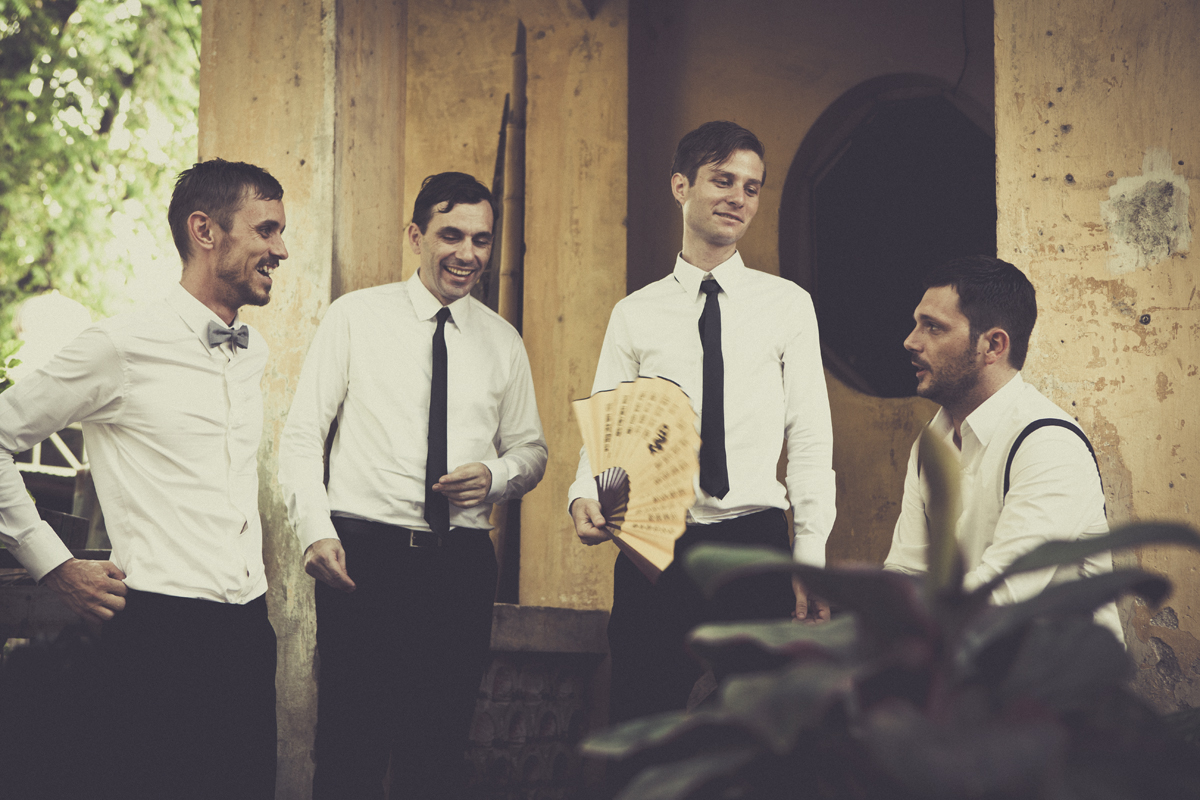THURSDAY 7 | It’s called ‘classical music’. It’s called ‘art music’. Snobbishly, it’s sometimes called ‘serious music’. It’s hard to define, but we know it when we hear it: it’s piano sonatas and chamber music and string sections and choirs and conductors with flying batons and hair in disarray. And since 2004, the International Music Festival Phnom Penh (IMFPP) has been encouraging its development in Cambodia. Over the weekend of November 7–11, the Artplus Foundation is presenting the 10th IMFPP, featuring all of the above and more. Anton Isselhardt, director of the festival, is quick to point out that this isn’t just an event for expatriates longing for the concert halls of home. “Who is our audience? Every motodop; every cyclo driver, even the prime minister and the king: we want them all!” The title of this year’s festival is Journey; the theme is the development of music through the tumultuous changes of the 20th century, dominated by two major wars, astonishing artistic, political and social change, and shifts in the global cultural centre of gravity. The formal music world was being augmented by outside influences, from the revolutions in visual arts to the incorporation of traditional melodies and jazz. The programme focuses on the first half of the century, particularly the convulsions of European music: reaching from the neo-classical Czech composer Bohuslav Martin, through the impressionism of Maurice Ravel to culminate in the vigorous folkloric injections of Bela Bartok. “That’s why we call it Journey: it is a trip to the Old World,” says Anton. European music, however, is also where we find the origins of the 20th century American innovation of the Broadway musical, a form that is celebrated by the Friday night concert by the Bella Voce choir, formed in Phnom Penh in 2000. Acknowledging Broadway’s debt to Europe, the programme features works by the German Kurt Weill (selections from The Threepenny Opera) and two Americans who drew heavily on their ancestral roots: George Gershwin (including selections from Porgy & Bess) and Leonard Bernstein (including selections from West Side Story). Undoubtedly, the highlights of the festival are where, as Anton says, Cambodian musicians are playing Cambodian music for Cambodian people. For this we move forward in time to the later 20th century, with works scattered through the programme by Cambodian composers working in the Western traditions, dominated by Norodom Sihanouk, of course, but also rising teenage star Bosba Panh and more established names Chinary Ung and Him Sophy.
WHO: A range of international musicians
WHAT: Journey: European Art Music Development in the 20th Century international music festival
WHERE: InterContinental Hotel, Mao Tse Tung Blvd and Meta House, #37 Sothearos Blvd.
WHEN: November 7–11 (see music-festival-phnom-penh.org for details)
WHY: Introduce your favourite motodop to Bartok


